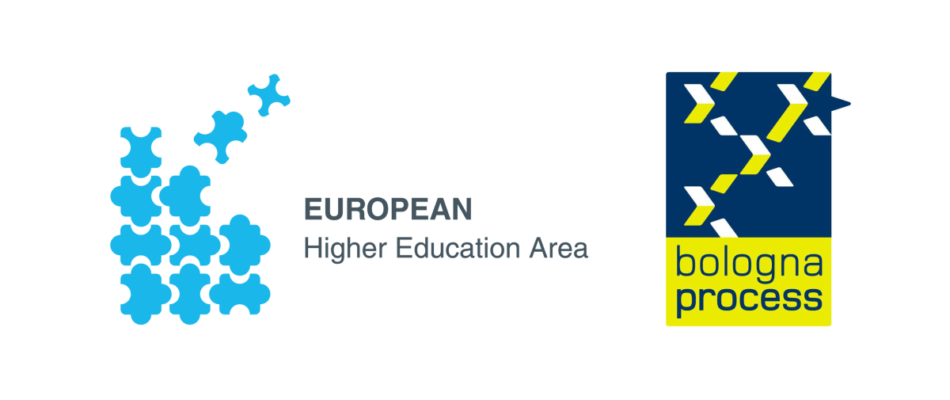
European Students react on the Future of Education and a prospective European Education Area
BRUSSELS – The European Students’ Union (ESU) calls on the European Union not to restrict cooperation within education only for the EU member states, but to develop the initiative in alignment with, but not replacing the already existing European Higher Education Area with respect to all Bologna commitments. We firmly believe that education in Europe does not need any borders.
Accessible and inclusive mobility
The Erasmus-successor programme budget needs to increase tenfold. The EU should pay special attention to students from marginalized groups, both in regards to funding, grants and programme design.
European Student Card
The European Student Card should not be introduced by moving ownership of (existing) student cards to the European level, nor by streamlining local solutions. ESU further demands the creation of the “status of European student”, valid for all students in Europe (possibly the EHEA) both at home and during mobility periods, to which a core of common rights is associated.
Mutual recognition
Automatic recognition of diplomas and periods of study between all countries of EHEA (not to be limited only to the EU member states) should be a clear goal of the European Union. Full recognition, free of legal and political obstacles, contributes to equal opportunities for high-quality education, increasing the mobility of students and graduates in Europe, as well as enhancing graduates’ opportunities for employment.
Investing in education
The 5% of GDP investment in education benchmark is low and unambitious. Education is an underfunded sector across the world and often the first to suffer from cuts during times of economic difficulty. A separate minimum of public investment for higher education only should be established amounting to at least 2% of the GDP.
European Universities Networks
The European Commission should roll out a well knitted social security net for inherent accessibility for all students for the soon to be established European Universities networks. A robust system of publicly financed tuition free education is needed, as well as appropriately sized study grants and no pitfalls of bureaucracy around study visas. The study programmes offered through these Networks need to ensure that all target measures for equal access plus necessary support structures are in place, making the education truly accessible for all.
The transparency and inclusiveness of the procedures and consultations
European Students’ Union calls for transparent consultation processes complete with the publication of minutes from consultation meetings and meetings with stakeholders, which includes non-EU students who would no doubt be affected by any recommendations on an European Education Area. Real and efficacious involvement in consultation processes is crucial for a democratic outcome. Furthermore, to embed true student participation in the development of the European Education Area, ESU demands that students are involved in more than mere consultation. The concepts of student engagement and partnership can only be realized if the student perspective can be evidenced through the ideas stage, development, planning, implementation, and evaluation of any project. As the process is likely to affect a vast amount of stakeholders in unforeseeable ways, the openness of this process is crucial and cannot be understated.
Full statement:
Statement on The Future of Education in Europe and a prospective European Education Area
Note to Editors:
The European Students’ Union (ESU) is the umbrella organisation of 45 National Unions of Students (NUS) from 39 countries. The NUSes are open to all students in their respective country regardless of political persuasion, religion, ethnic or cultural origin, sexual orientation or social standing. Our members are also student-run, autonomous, representative and operate according to democratic principles. The aim of ESU is to represent and promote the educational, social, economic and cultural interests of students at the European level towards all relevant bodies and in particular the European Union, Bologna Follow Up Group, Council of Europe and UNESCO. Through its members, ESU represents around 15 million students in Europe. ESU receives an administrative grant and runs projects funded by the European Commission.
For more information, please contact:
Helge Schwitters, President, European Students’ Union helge@esu-online.org, (+32) 479 12 6390
Alexandra Antonescu, Communications Manager, European Students’ Union, Alexandra@esu-online.org
